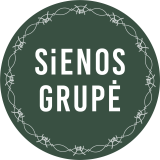

border stories
Here are ten stories written in 2024 about asylum seekers and our volunteers, about the jungle of borders and bureaucracy, we present to you - Border Stories.
#atviroslietuvosfondas #remiaalf
Border Stories is part of the project 'Safe Border for All', funded by the Open Lithuania Foundation.
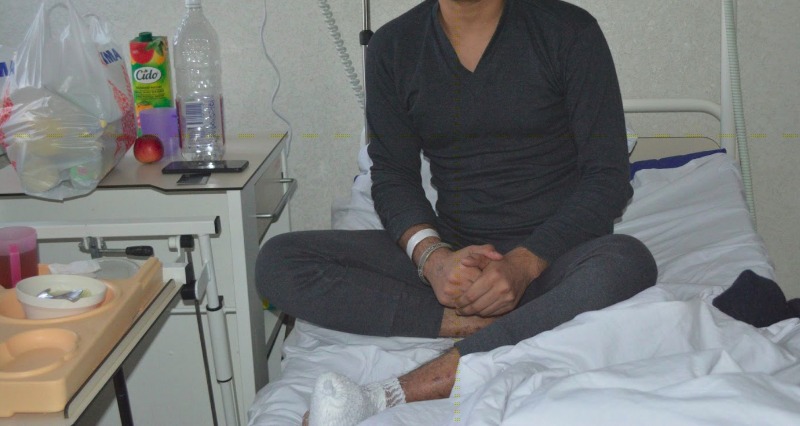
Since 2021 people have been traveling through our borders and their stories were and are plentiful and diverse. For example, we’ve heard a lot lately about Cubans, many of them families with small children, requesting asylum.
It’s clear that people are capable of arriving at our borders on their own, without participating in any deal with dictators.
We’d like to tell you today about Ajeet (pseudonym), a young man from a country in South Asia whose story illustrates a paradox: although love has no borders, some guided by love are continually challenged by them.
A few years ago, Ajeet, on vacation in Thailand, met a beautiful, soft-voiced girl. They connected unexpectedly, in an Indian restaurant, when Ajeet started chatting with her. When his vacation came to an end, their connection didn’t – on the contrary, their feelings for one another had only grown stronger. Ajeet started to make frequent trips to Thailand, but it wasn’t easy, and they found their relationship burdened by borders and visa regimes.
During one visit to Thailand, Ajeet’s girlfriend suggested, “Let’s get married before you leave.” They knew that their decision to marry someone of another nationality and religion would not go over well with their families. However, their love and desire to be together was stronger than fear of this. They decided to choose love over societal norms and fear of what others might say. With the help of friends, they got married at a temple to Vishnu in Thailand. After the ceremony, Ajeet and his new wife went to her family to ask for their blessing, only to find themselves met with insults and death threats.
After a few days they travelled to Ajeet’s homeland, where they encountered a similar situation. Ajeet’s family couldn’t tolerate the idea that he had married a foreigner, and they were met with violence and more death threats. Ajeet had pledged to protect his wife from harm, but he couldn’t protect her from his own family. So he decided to look for a safe place where he could start a new life with his wife.
In search of the safe home he had promised her, Ajeet flew to Russia and began looking for a way to get to Europe. Unable to come up with anything else, he attempted to cross the border into the EU through the Belarusian forest in winter, one of the coldest months of the year. After traveling around 60 kilometers over the course of 3 days, he reached Latvia. In the middle of the Belarusian forest, he met fellow travelers with whom he would continue his journey.
A driver who was supposed to take them to Poland decided to drop them off in a remote forest by the Poland-Lithuania border, telling them to wait until he returned in a few minutes. However, three hours later, they were met not by the driver, but by Lithuanian border guards.
The detention of Ajeet and his fellow travelers was reported by VSAT (the State Border Guard Service) and the Lithuanian press.
The group of apprehended migrants were taken to the foreigner’s registration center, where a doctor on call decided Ajeet needed treatment at a hospital. He was diagnosed with frostbite in his big toe, which, unfortunately, required amputation.
Considering the circumstances, the operation went well, but the painful scar it left serves as a reminder of his failed journey. During the experience, Ajeet wrote a note to his wife: “I feel alone and empty inside without you, my love. Like a silly goose, all caught up in love, I came so far to try and make a home for us. It’s unclear when this distance between us will end. But I still carry the small hope that I'll see you again.”
When he was released from hospital, Ajeet settled at the foreigner’s registration center, where he was granted freedom of movement.These challenges and the unexpected consequences of his actions haven’t taken his hope – he still believes he'll start a new life, in a future for he and his wife without borders.
When we get updates about the number of migrants who have been detained or pushed back at our borders, let’s remember that behind these numbers are people with unique stories.
#PushDictatorsNotRefugees

“I’m from Iraq. I lived in a family of four with my father, mother and brother. My father was a soldier, but with the end of Saddam Hussein’s regime, he retired. Everyone knew what my father’s work had been. He was very talkative, and liked to debate with people and wasn’t afraid to let his opinion be known. Our family started receiving threats, and calls for us to leave. My father was beaten up terribly one time in the streets. One night during the spring a group of armed men arrived by car. They came into our house and started smashing things up. They shot my brother two times, and took my father away…I was sleeping on the second floor. I heard the sound of the gun shots. I waited until they left. I went downstairs and saw my wounded brother wounded lying on the floor…After a few days, my mother had a heart attack and died. My aunt was afraid to take me in and told me I should go far away. My brother was in the hospital.”
“I didn’t have enough money to leave, so I sold my motorcycle. I wanted to go to Turkey, but I couldn’t get a visa because I was still a minor. Then I found out I could go to Russia. I went on a tourist visa. Iraqis that I met told me that when my visa was up I would be sent back to Iraq. An older Egyptian man who heard my story told me, “Go to Lithuania, just make sure to take your passport.” But the hotel wouldn’t return it to me, they told me they would only do so when I was returning home…I got scared and couldn’t think clearly. I left my passport behind and crossed into Lithuania. I remember that I was so excited to see the flag of the European Union, right next to the Lithuanian flag. I felt very safe.”
When a colleague, a fellow volunteer, who was concerned about a youth living in one of the blue trailers for men at the Medininkai camp asked for help, half a year had already passed since his arrival to Lithuania. He was upset, depressed, and had health problems. The uncertainty about his future and the lack of activity was getting to him. A life in Lithuania no longer appeared safe or fortunate; the personal documents that had been created for him in Lithuania contained mistakes in two out of three identifying categories (the only one written correctly was his name). And although the child had informed (officials) upon arrival that he was 16, a bone scan indicated that he was 19…
Did you know that the EU recommends against using bone scans as a means of determining age for people between 15 and 20, as the risk of error is very high due to different rates of development, and because there have been many successful legal challenges against inaccurate age estimates. In Lithuania, however, bone scans are the only means used to estimate age.
Thus, this unaccompanied minor was first housed in a museum for hammers (seriously, we’re not joking) and later, locked up in the prison-like blue container facility. Because no one believed him…
So we decided to help restore this young man’s real identity to him (granted, his first and second name had been written correctly), to restore his real date of birth and to guide him with REAL legal help through the procedure for requesting asylum since the government attorney had not met with him once, and the young man had signed no documents, despite ongoing legal proceedings…
We translated various documents into Lithuanian. Together, we raised funds for an attorney. We got in touch with Child Protective Services. We had excellent support from them, as well as the services of an interpreter. And so, with the help of many, after several months this young man was moved to a shelter for unaccompanied minors. The first thing that happened during court proceedings and with the help of a private attorney, was that the young man’s personal data was corrected.
Unfortunately, nine months in detention proved a barrier towards this his integration. He had lost faith in Lithuania’s legal system with all that he had experienced, and so without even waiting for a final decision from the courts on his case, the youth left with other migrants to seek his fortune in Germany.
In Germany his story took a different path – his was identified as a minor and placed in a facility for minors, and provided with opportunities for education and job training, as well.
Today he lives in Germany, and has reached the age of maturity. He’s told us that one day he’ll definitely come visit those who helped him.
“I’d like to thank all those who helped me. Thank them so much. I didn’t see a lot in Lithuania, but from the people I met I learned how important it is to help others. I’m happy because I’m studying and I can work a little.”
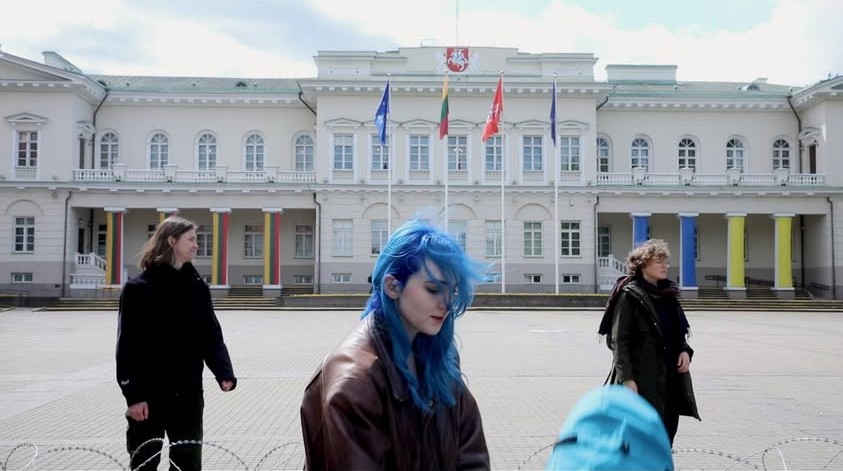 A frame from Irma Bogdanovičiūtė's documentary film, “Other People”
A frame from Irma Bogdanovičiūtė's documentary film, “Other People”Introducing Aušrinė, researcher and co-author of the report, “No Safe Passage: Migrant Deaths at the EU-Belarus Border”, which will be published mid-July. A member of our team from the very beginning, she has chosen to try and close institutional gaps by following leads on and collecting and analyzing information concerning missing or deceased persons who have crossed the border and traveled within Lithuanian territory. Working with the families of missing persons and non-governmental organizations from other countries, Aušrinė attempts to trace the path of migration and determine whether the disappearance might be short-term (such as when a person is being held in a detention center or at a border checkpoint) or long-term (most likely associated with life-threatening circumstances or death). By clarifying these situations, she can help families of the missing determine their next steps and which institutions they should follow up with. Navigating between emotional and political questions concerning loyalty to or betrayal of one’s country, Aušrinė tries to help the families of the missing and mitigate the stress and uncertainty caused by the system.
Because a certain number of border crossers don’t have legal status in Lithuania or documentation concerning their time here, state institutions are frequently at a loss concerning how to investigate and deal with such situations. As Aušrinė herself has said, it’s not easy to start an investigation when there’s no proof that someone has even been on Lithuanian territory. Which is why she has taken it upon herself to do so – without any mandate, she gathers as much information as she can to pass along to families. Information about missing persons frequently reaches the Sienos Group more quickly than government institutions, providing more flexibility and speed in information gathering. Things happen very quickly, and a search plan can be put together faster without bureaucratic hold ups. Each volunteer decides for themselves which responsibility to take upon themselves. This is how families of the missing are supported and led through the bureaucratic labyrinth from sometimes thousands of kilometers away.
Aušrinė’s work is incredibly important, because it helps relieve at least some of the stress and suffering caused by lack of information and the system. Recently, given changes to the route of migration and its usage, short-term disappearances have become common as people are held at checkpoints or detention centers once they have crossed into Lithuanian territory. Although theoretically every few days people being held are supposed to have the opportunity to contact their loved ones, in reality, this rarely happens. Knowing that their loved ones are somewhere in Europe but without the opportunity to communicate can cause a lot of apprehension for families of the missing. Deliberate interruptions in communication between loved ones simply raised the level of stress these families experience, which Aušrinė attempts to assuage.
According to Aušrinė, this emotionally difficult work gives her a feeling of usefulness and a sense that her work is meaningful. The opportunity to tell a family that everything will be alright brings a sense of accomplishment. The realization in working with other volunteers and organizations that these problems are not limited to one country also helps with the isolation. The most painful thing is when the uncertainty continues and there is no answer. The hardest to come to terms with, even more so than death, is the loss to this world of a life we will never see again.
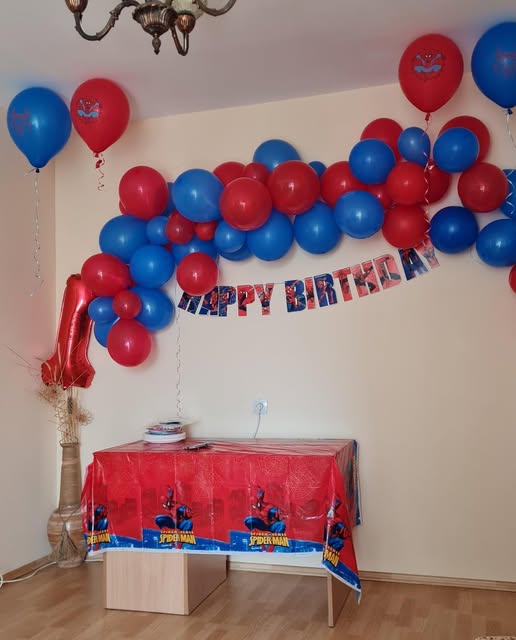
“Due to the fragile security situation and conflict in surrounding countries, travel to Eritrea is not recommended.”
“At this time, Eritrean citizens are facing a shortage of potable water.”
“It is advised that the necessity of travel to Cameroon be carefully considered due to poor security in the region.”
“There remains a high risk of terrorism in the country, with suicide attacks having claimed hundreds of lives.”
“The country faces frequent shortages of fuel and electric power outages.”
These are just a few excerpts from the Foreign Ministry of Lithuania’s informational bulletins about travel to Eritrea and Cameroon.
Why have we grouped these two loosely related countries into one post? Because we know an Eritrean-Cameroonian - and perhaps we can even say now, Lithuanian – family.
Last year Sienos Grupe became acquainted with a refugee from Eritrea. She arrived to Lithuania in the fall of 2021 and requested asylum. She met her soulmate – from Cameroon – here. His request for asylum has been denied.
The couple shares domestic responsibilities and is raising a small child together. Given his change in life circumstances and his role as a father, he requested the Department of Migration reconsider the decision to deport him from Lithuania.
The Department of Migration, with complete disregard for the basis of the request and the best interests of the child, denied his appeal. A translation of the legalese of the response indicates that the family was offered the option of leaving Lithuania and relocating to Cameroon together, or the option of the mother remaining in Lithuania with the child while the father maintains a long-distance relationship with his child.
We were thrilled that the rule of law was upheld and the actions of this institution were not tolerated. Thanks to Sienos Group and ReLex Law Firm, the Supreme Administrative Court of Lithuania overruled the Department of Migration’s decisions and required a fresh review of the case.
A similar decision was made on a case brought before a Regional Administrative Court by Sienos Group and ReLex Law Firm. This case involved a citizen from the Democratic Republic of Congo who was deported from Lithuania following denial of his request for asylum. He is the father of two newborn twins who, like their mother, are Lithuanian citizens.
The court required the Department of Migration to reconsider whether the rights of the family can be restricted in the name of national interests, particularly as in this case, when the burden of requesting family reunification in the country of origin is incompatible with the legal responsibility to not interfere with family unless absolutely necessary.
Sienos Group continues to put forth a lot of effort to ensure that children are raised in families with both parents, regardless of their country of origin or legal status.
Pictured here: a smartly dressed Lithuanian resident of Eritrean-Cameroonian heritage (who, by the way, really likes Spider Man) at a party to celebrate his first birthday, which Sienos Group proudly took part in.🥳
Litigation strategy and Border Stories supported by the Open Society Fund of Lithuania.
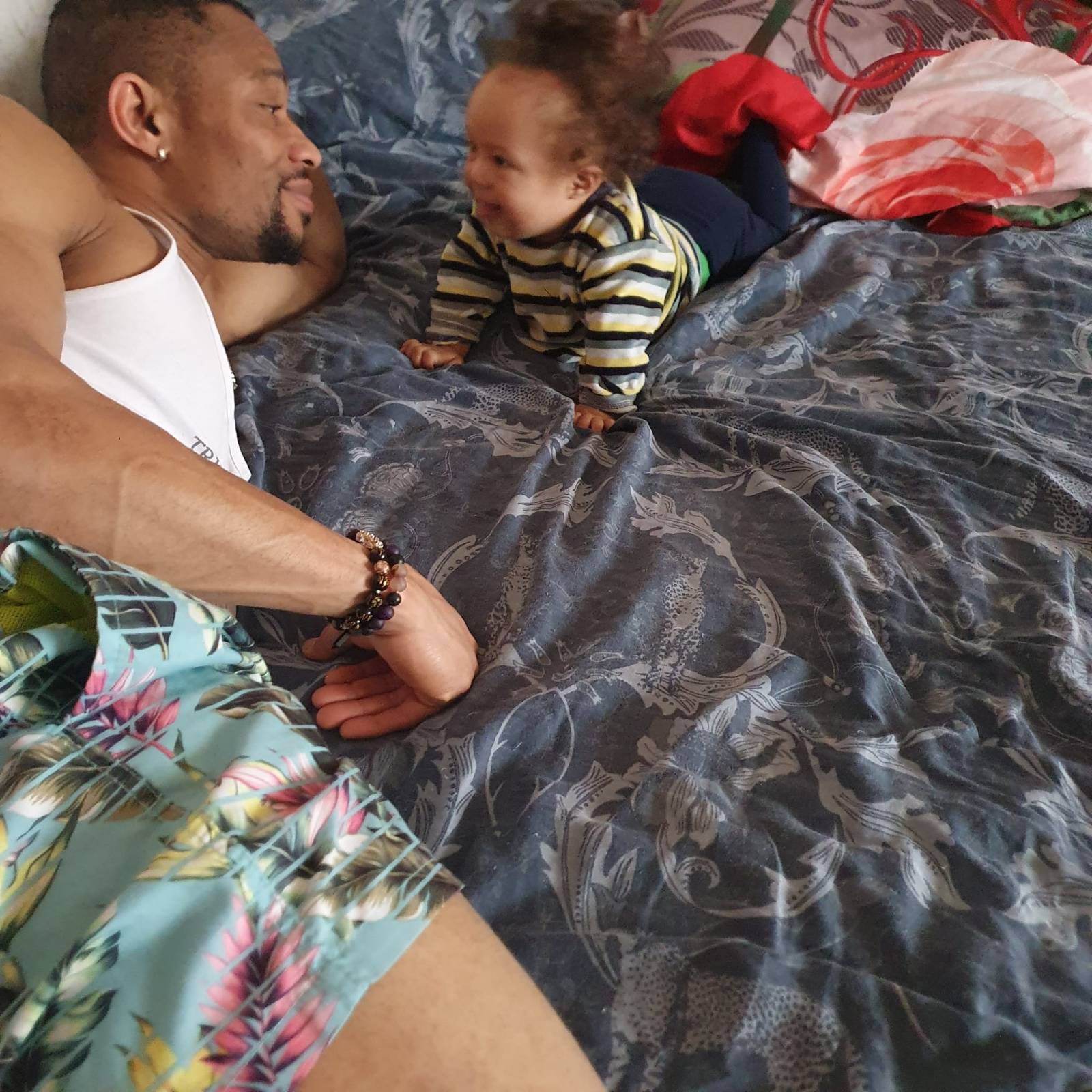
Some sad news about a family separation has reached us. The father of a Lithuanian citizen was deported to his country of origin – Nigeria. According to what we know, he was detained in his home Saturday by the state border guard service (VSAT). Holding his infant child, he was taken from his home with a gun to his head. He was able to reach family here only when he was already back in Nigeria. Although independent witness to deportation is required by law, monitors had not been informed.
As a reminder, if there are people in your circle who start a family after their request for asylum has been denied, they have to appeal to the Department of Migration to request the deportation decision be overturned. If the Department of Migration refuses to consider the appeal, the case moves on to the courts. Although this does not mean an automatic end to deportation, if there is evidence that a deportation is in process, the courts can request an official review (RUK) and the deportation will be paused. In critical situations, it is also possible to appeal to the European Court of Human Rights.
Unfortunately, we can only feel remorse about VSAT's disregard for the unique circumstances and changes in personal situations of individuals that merit review in a court of law. Until this actual deportation was put in motion, VSAT had given no indication for the previous three years that it was a real possibility.
Deportation only takes place when an individual has exhausted all legal recourse. In this situation, the individual was detained without warning, on a Saturday. Even if he had been able to reach the courts, it’s unlikely that his appeal could have been adequately reviewed via the RUK process in the course of a day.This is how a foreigner is essentially denied the legal means to protect his right to privacy. (ECHR Article 8 and 13).

The Sienos Group phone has been monitored continuously by volunteers since November of 2021; and we’ve reached our third year of doing so 😫
Because of the necessity of offering humanitarian aid as quickly as possible to people on the move, the phone is monitored day and night. Although activity at the border seems to have either quieted down in the past year and/or information about the need for emergency aid has not been reaching us, the phone is still active.
People contact us every day with a variety of questions that illustrate the kinds of problems people encounter trying to reach, or getting settled in, Lithuania.
To give you an idea of the sort of assistance people who contact us need, we’ll share activity that occurred over the course of one week with you:
- A father reached out for information about his missing son, who had last been seen in Latvia. The young man disappeared along with eight others, the whereabouts of whom our volunteers were able to determine.
- A family that has been seeking asylum in Lithuania for the past three years via the Lithuanian Embassy in Minsk contacted us to let us know their visa had expired and they could no longer stay in Belarus. We received over 200 messages within just a few minutes from the husband, an indication of their level of desperation; unfortunately, we could offer no assistance other than witness to the fact that their petition for asylum had been declared counterfeit. We tried to offer emotional support as best we could from a distance, and pass along contacts for another non-governmental organization in case they decided to legally cross the border with Lithuania once they received their exit visa.
- A young man who suspected he may have contracted a sexually transmitted disease timidly asked for information about where to get tested.
- A man who recently became a father of two asked for assistance finding work. He wants to support his family, but is still waiting on a work permit.
- We received information concerning a group of Cubans who had been admitted to Lithuania: three – two parents and an infant – were at hospital in a town near the border, while two women – their relatives – had disappeared. Towards the end of the week we received a message saying the two women had been “beaten, spent three days in the forest” and were “back in Minsk”. Establishing direct contact with the women and clarification surrounding their circumstances has not been successful.
- A woman residing in a migrant reception center shared the difficulties she has had with harassment from staff: they tell her she’s not welcome and needs to return to her own country. She’s pregnant.
- A man let us know that at least three of his friends have been deported back to Iraq. This information has been confirmed by one of their lawyers.
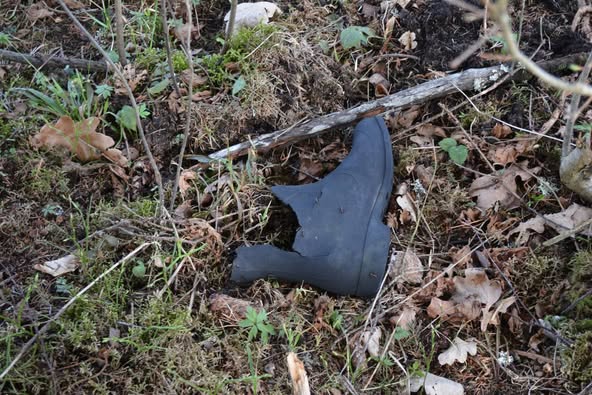
Tensions at the Polish border have not diminished, and in fact, have only become more heated, with restrictions returning to levels seen in 2021. At the Lithuanian border, it's strangely calm.
Despite the higher and more militarized border than ours, there is a larger flow of migrants to Poland. Latvia, as well. Why it has become so strangely calm in Lithuania, no one seems to know. Perhaps historians, working from archives in Minsk and the Kremlin, will be able to tell us some day soon.
While there's calm in Lithuania, our border guards have time for bear-watching 🐻 (link in the comments). On our part - we keep moving towards the border, on the lookout not only for groups of people, but for specific signs - footprints left along the migrant trail in the borderzone.
According to American anthropologist Jason De Leon, a region of active migration eventually becomes a “land of open graves”. We continuously have to remind people that 3 deaths in the Lithuanian border region have already been confirmed - one of them with the discovery of bones.
An officer from the Lithuanian Ministry of the Interior was killed working on construction of the border fence. In Poland, the number of migrant deaths have been much higher, and recently, a soldier was killed in the line of duty. With the lawlessness of the border zone it's highly unlikely the murderer will be caught and brought to justice. The dead long for peace and their loved ones deserve sympathy. None of these deaths should have taken place.
Although we haven't encountered any groups of travelers lately, we continue our search and patrol.
Our explorations yield results. Cheap rubber boats, from the markets at Gardinas or Minsk, the kind migrants wear and we always change out for better ones. A frayed cord from a phone charger, deep in the forest. A jacket. Plastic water bottles.
-Why would someone camp here?
-Strange signs spray-painted on a rural road. For drones? Interesting - is this for border guards, or smugglers?
-Good afternoon, are you a local? Have you ever encountered migrants? What were you afraid of? Does it feel safer now?
-Hello, officers. No, we don't need a permit here.Yes, we have our documents with us. Is it busy these days?
-There's strawberries already!
-Is that a watchtower for border guards? No, it's a hunting blind.
We'll continue our border hikes and keep you updated about the strange things we see and hear. If you'd like to join - shoot us a message.
If you live in the border zone and would like us to visit - let us know.
Until next time, Sienos Grupė
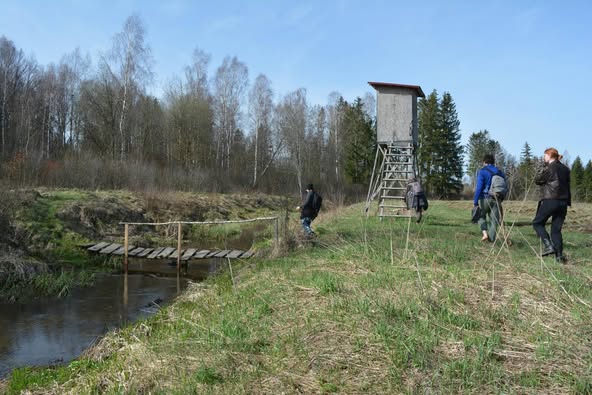

A young man we're acquainted with arrived from the Democratic Republic of Congo in 2021. Like many others, he was detained without charge or the possibility of contesting his situation. Over a year after his release, he got married and started a family. In one of Lithuania’s largest cities, twins were born to a Congolese man and a Lithuanian woman. With the change in his circumstances - having started a family with a Lithuanian citizen, and with an eye towards the best interests of the children - he asked the Department of Migration to re-evaluate his deportation order. His request was denied, and the matter has moved on to the courts.
When his foreigner identification card was close to expiration, he had to visit the Department of Migration for its renewal and the renewal of his work eligibility. We watched the situation with apprehension. From experience, we know that many who visit the Department of Migration with similar goals are detained by border patrol and threatened with deportation. And so it went this time, too. At first, the courts allowed his detention, but for a shorter amount of time than requested by border patrol, and the Supreme Administrative Court of Lithuania ultimately decided to allow him freedom of movement.
It might have seemed the case was closed, but the question of deportation remained an open one. We can only imagine the emotional stress and suffering experienced under this sword of Damocles by the parents of two young children. What could this mother have experienced, at home with two young children while their father was being held in detention for several weeks simply for having attempted to renew his documentation?
Sienos Grroup gives special attention to families. We strongly believe that all children deserve to be raised and cared for by both parents. Unfortunately, despite the plethora of legislation that clearly demands the government make decisions centering the best interests of children, our institutions still need to be convinced of it. We’ve seen orders from the Department of Migration in which parents are told to keep in touch with their children from their country of origin. We’d love to ask politicians and civil servants: Would your children grow up happy and healthy if all you could do for them was make a video call from over a thousand kilometers away?
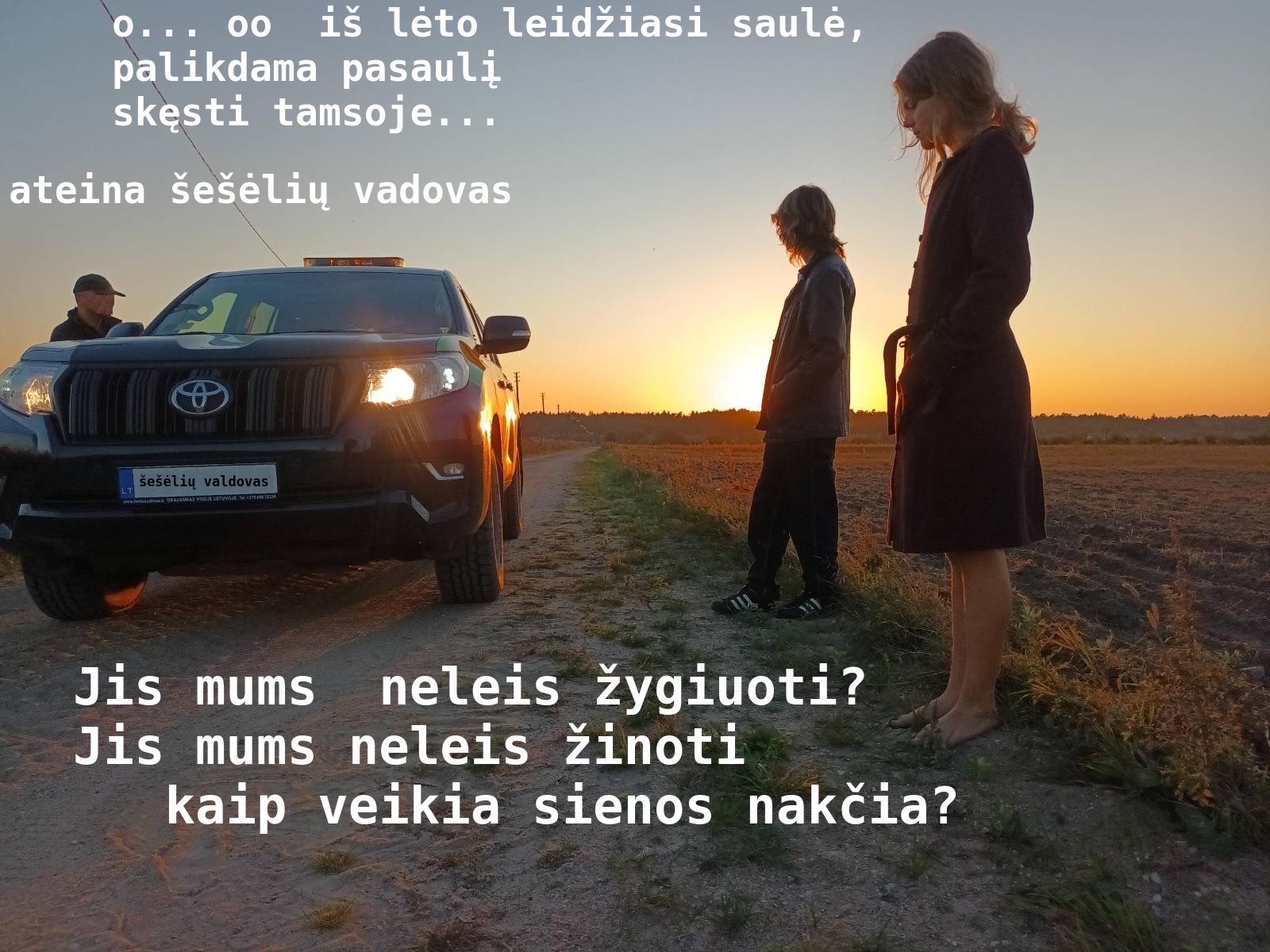
We’ve been visiting the Lithuanian — Belarus border. The border zone, a stretch 5 km wide along the Lithuanian-Belarus border, makes up 5 percent of Lithuania's total area. Not a small amount. Many avoid it because of the intimidating connotations of the “migrant crisis” and the confusion constantly changing border regulations generated. Needlessly so. Lithuania is small - let's not neglect 5 percent of its territory. It's really interesting. Since the spring, Sienos Grupė has been organizing hikes to get to know these places, to hear from locals about the (ongoing?) “crisis”, and to see how border guards make their living these days.
There are groups of migrating people who have disappeared without a trace, like needles in a haystack - but maybe we'll find something, some slender thread to follow.
For some of us, these are healing visits back to places we found ourselves in at the height of the crisis, in 2021 and 2022. Memories come unbidden as we drive the same routes, no longer covered in snow. New volunteers get to know the border zone, and to understand their place in it should the crisis flare up again.
We asked our volunteers what stood out to them from our most recent hike:
- That my voice still shakes when I talk about the winter of 2021
- That vines have already grown all over the concertina
- The sound of deer running in the night
- “Aren't you guys from Sienos Group?” — a question asked by a local raver by the campfire
- The church tower you can see, and on Sundays hear, behind the border in Belarus
- -This town's a little like Twin Peaks.
- -Nah - Druskininkai is Lithuania's Twin Peaks.
- These people look like Germans, but they speak Lithuanian.
- The half-empty village with the real estate advertisement on the farmhouse.
- Border guards, prohibiting us from going where we're allowed.
- How hearing about the experiences of Sienos Group in these places casts them in a different light.
- The feeling I've been in this forest before.
- The officers’ vests outfitted with guns. Some strange thrill came over me — what would happen if I started to run away?
- Y. N. Harari has written that “In addition to the objective reality of rivers, trees and lions, we have the imagined reality of gods, nations and corporations. Over time, the latter has become more and more important, until today the fate of rivers, trees and lions depends upon the grace of such imaginary entities as gods, nations and corporations”. How clearly we see that here – reality is not a physical body, but rather one's identity has become documents, numbers, permits, or lack thereof.
- The surprised looks on the faces of the village weekenders, that we go where they don't. It begs the question: who's the local, and who's the outsider?
- How strange this space is, so full of unease, mistrust, and suspicion. Cold, razor-sharp concertina wire that threatens painful consequences if you don't stick to the rules of the game. It's easy to see how humaneness becomes a crime here.
- I imagine how that border guard scanning us with that hawk-like gaze assesses our threat to border and country on a scale from 0 to 100.
- How long it took to verify our documentation, while a car full of hunters was just waved through with a polite greeting. It turns out you can hunt deer, but to simply enjoy their beauty - somehow that's suspicious. As is offering help to migrating people.
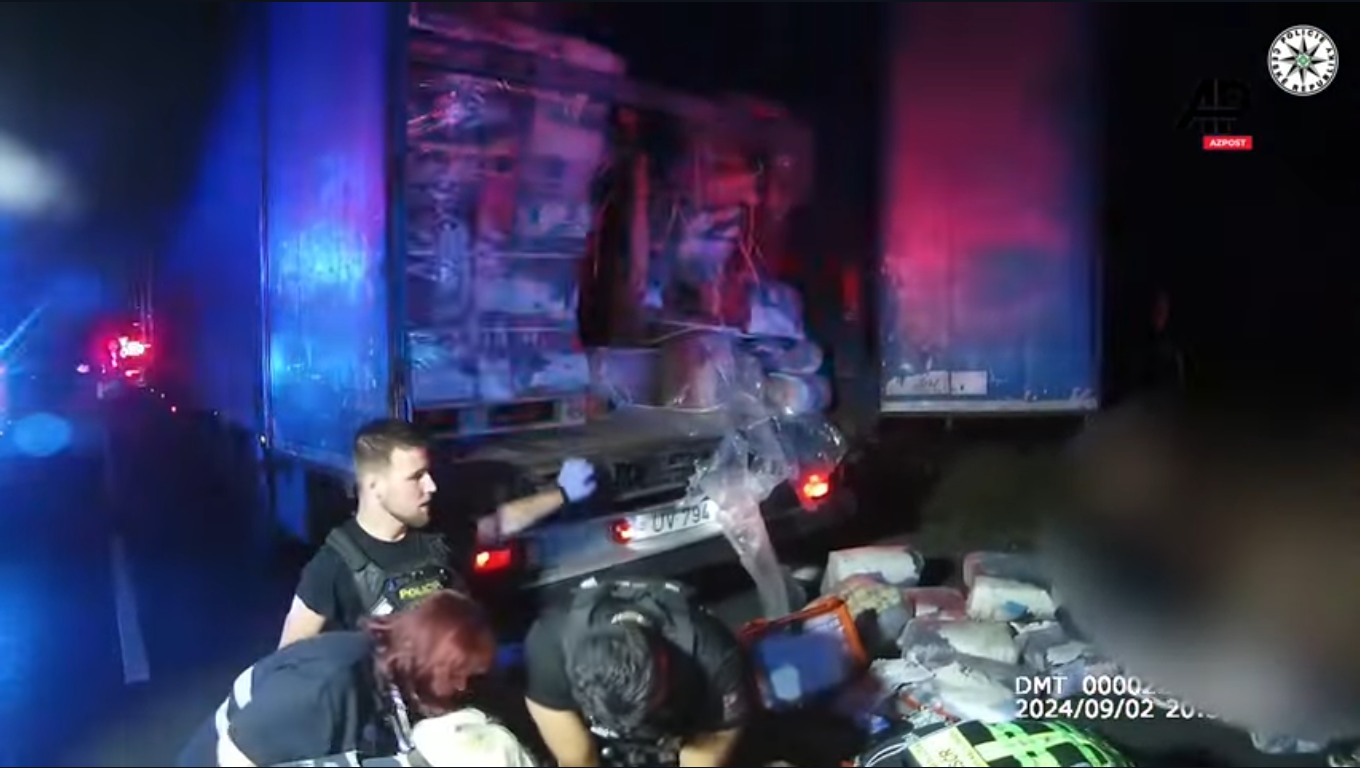
While the Interior Ministry announced in the fall of 2021 that the migration crisis at the border had been stabilized, death, cases of frostbite, and the disappearance of people without a trace, had just begun.
Three years after “stabilization” the situation with migration in our country looks like this:
Because of surveillance and the border wall, migrants who are physically weaker or technologically under-prepared often cross the border only to be apprehended almost immediately and turned back. They don’t have enough time to reach us or other humanitarian organizations, and are thus pushed back, repeatedly, to Belarus, and get caught up in a game of border ping-pong.
Those who are stronger, better prepared, or those who simply manage to avoid the border ping-pong get caught up in a different sort of game – “cowboy roulette” – journeys with human smugglers in car trunks, vans, or overstuffed cars.
Three migrants already have been killed in automobile chases. Not long ago we read that in the middle of Lithuania, not far from Kėdainiai, a local bystander watching such a chase suffered a heart attack. She survived.
Another woman wasn’t so lucky. Thirty migrants, among them a lifeless woman, were found in a mini-van that had been apprehended in a suburb of Prague. The van bore Lithuanian plates. We are seeking more information about the passengers, the citizenship of the deceased, and the vehicle’s connection to Lithuania.
Are these women, or others who get killed as a result of these chases – “weapons of hybrid warfare” or the victims of hybrid warfare? Or maybe these are simply people whose health or life we have failed to safeguard. Let’s not cede10 km of border zone, or Lithuania’s interior, to Lukashenko. Or the suburbs of Prague. When people die in these places, it’s our responsibility.
Lithuania’s border crisis has never been “stabilized”. It is simply pushed back and forth between Lithuania and Belarus, or exported deep into the Schengen zone.
